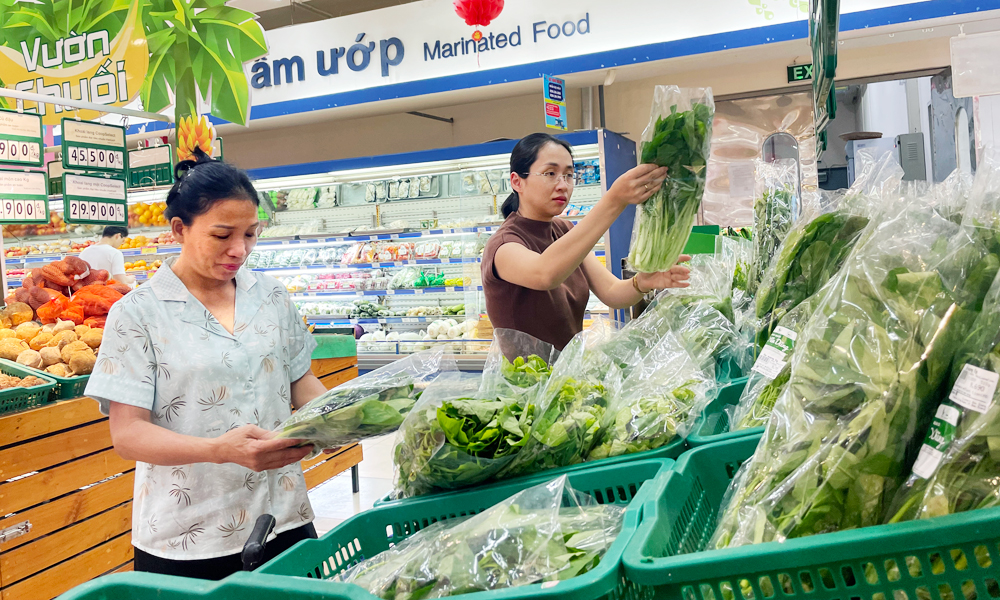CPTPP - opportunities and challenges to Bac Giang enterprises
 |
|
The production line of Casablanca Company in Nghia Hoa Industrial Cluster in Tan Thinh commune (Lang Giang district) specializing in producing supermarket bags, creating jobs for hundreds of workers. Photo: Doan Anh Tuan. |
Opening up many opportunities
First of all, CPTPP is expected to create great export opportunities for Bac Giang businesses. With tariff preferences when approaching the markets of 10 CPTPP partners, local enterprises will have great opportunities for export and market share expansion. This advantage is very significant when a zero percent tariff is applied for textiles, agricultural products, food
Secondly, with stronger commitments on investment and expansion of the service market, CPTPP is expected to promote foreign direct investment in Vietnam, including Bac Giang. With its favorable geographic location and attractive investment attraction mechanism, the province can attract FDI flows with higher value and accept modern technology transfer from big foreign corporations. CPTPP will also be a great opportunity for businesses to improve their competitiveness.
Because most of the CPTPP markets have very high requirements on imported product standards, in order to enjoy preferential tariffs, the quality of the products must increase. This is a good opportunity for enterprises to participate more deeply in the regional and global value chains.
Not small challenges
CPTPP, with commitments to cutting down tariffs, will help promote free trade and attract foreign investment. These advantages can be seen clearly, but the challenges are not small. Specifically, enterprises face the risk of losing competitiveness in their own market. The competition will be fierce in the domestic market on all three levels: product, business
The reduction of tariffs and the opening of the market lead to an increase in the flow of imported goods at competitive prices, causing businesses to face fiercer competition
Moreover, the potential of Bac Giang enterprises is very weak, with poor linkages. The pressure of competition in foreign markets is also a big challenge. At the same time, local enterprises’ weak adaptation to the market economy increases the risk of failure on the home playground.
Next is the challenge from proving the origin of the input materials. According to CPTPP, a commodity only enjoys export tax incentives if its input materials originate domestically or from partner countries participating in the deal.
Meanwhile, materials from Bac Giang companies in the fields of textiles and electronics are mainly imported from China, Hong Kong and the Republic of Korea, which are not CPTPP members. This makes it hard for local businesses to enjoy preferential tax rates as CPTPP has clear regulations on rules of origin.
It can be seen that businesses are those who implement the Free Trade Agreements (FTAs), including CPTPP. Therefore, to take advantage of opportunities as well as limit challenges that CPTPP brings about, Bac Giang enterprises need to map out new approaches and find effective solutions.
At first, businesses should immediately approach and study the CPTPP commitments to determine their business visions and strategies to meet the new requirements.
At the same time, they also need to change their business thinking in the new context, considering the pressure of competition a driving force for innovation and development, and organizing production and business activities based on breakthrough factors (technology, high-quality human resources, product uniqueness
On the other hand, enterprises need to actively form linkages through business associations or professional associations, setting up clusters of sectors to share knowledge on market, science
Dr. Phung Van Minh - Vice Chairman of the provincial Business Association
 Bắc giang
Bắc giang












Reader's comments (0)